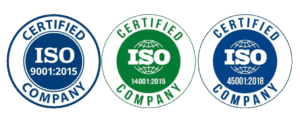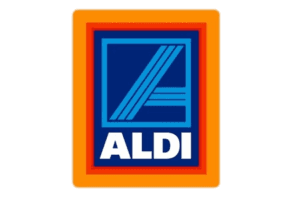Australia’s new packaging regulation reforms are reshaping how businesses design, produce, and manage packaging. For industrial packaging suppliers, this shift isn’t just another compliance hurdle—it’s a wake-up call to innovate, adapt, and lead in sustainability.
The government’s goal is clear: reduce packaging waste, encourage recyclability, and move toward a circular economy where materials stay in use longer. For the packaging and logistics sector, that means rethinking everything from raw materials to end-of-life recovery.
The Shift Toward a Sustainable Packaging Future
Under the new reforms, all packaging placed on the Australian market will need to meet stricter standards of sustainability and transparency. The upcoming framework—developed by the Department of Climate Change, Energy, the Environment and Water (DCCEEW)—will hold producers accountable for the full lifecycle of their packaging.
Key expectations include:
- Designing for recyclability: Packaging must be easy to recycle through kerbside or specialist programs.
- Phasing out harmful materials: Non-recyclable plastics and toxic additives are being gradually eliminated.
- Using recycled content: New rules encourage suppliers to include post-consumer materials in their designs.
- Improved reporting: Businesses will be required to track and disclose packaging volumes and waste outcomes.
These shifts aim to support Australia’s National Packaging Targets—including 100% reusable, recyclable, or compostable packaging by 2025.
What It Means for Industrial Packaging Suppliers
For industrial packaging suppliers, the impact is twofold—responsibility and opportunity.
Responsibility, because suppliers are now part of a larger accountability system that spans from material sourcing to end-user disposal. And opportunity, because those who innovate early can set new benchmarks in sustainable packaging performance.
This means investing in:
- Stronger material science for recyclable and reusable packaging
- Closed-loop manufacturing processes to reduce waste
- Supply chain transparency to track materials throughout their lifecycle
By integrating eco-conscious practices, suppliers can build trust with clients seeking compliant, environmentally sound solutions.
How Carewell Group is Leading the Change
At Carewell Group, we’re already helping Australian industries stay ahead of these packaging reforms. Our range of industrial packaging products is designed with sustainability and strength in mind—ideal for logistics, manufacturing, and commercial use.
We work closely with clients to:
- Replace conventional plastics with eco-friendly materials
- Develop custom packaging solutions that meet both performance and compliance standards
- Streamline supply chain efficiency through smarter design
- Support reporting and sustainability documentation to align with government requirements
Our commitment goes beyond products—it’s about helping businesses align with a future where sustainability and profitability coexist.
Preparing for the Future
Industrial packaging suppliers who start aligning now will find themselves well-positioned when the reforms take effect. Sustainability is no longer a trend—it’s a market expectation and a business advantage.
The transition may demand investment, but it will return long-term value through customer loyalty, lower waste costs, and regulatory peace of mind.
With companies like Carewell Group leading the way, the industrial packaging sector can evolve from a compliance-driven model to an innovation-driven one—paving the way for a cleaner, smarter, and more resilient Australia.









